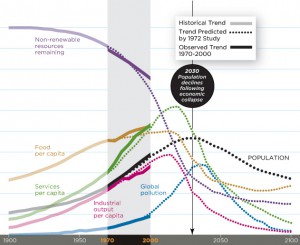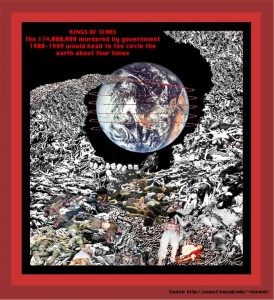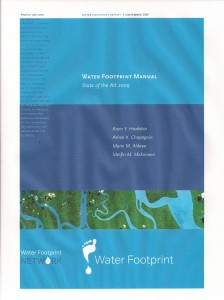Summary
Security is a universal entitlement and a core part of human well-being. Where people cannot enjoy security, poverty and injustice are prevalent in other forms. Many major reports and policy initiatives in recent years have not only built strong evidence to underpin these claims, but they have also affirmed the need to foster a concept of security which puts people at its centre. When Saferworld has consulted people on what security means to them in different countries, the answer is always unique and specific to the context.
With this in mind, Saferworld has developed an approach that explains the principles underpinning Community Security interventions, and suggests practical implementation strategies that draw on our work and the work of a select number of agencies. The handbook is aimed at both policy makers and practitioners – particularly programme managers – and intends to help them work through the steps involved in planning, implementing, evaluating and improving Community Security interventions. It sets out the objectives of Saferworld’s Community Security work, explains why we see it as important, and draws together a significant body of learning and experience that ties together the theory and practice behind interconnected peace, conflict, security and development interventions.
PDF (52 Pages): Community Security Handbook
Recommended by Berto Jongman






